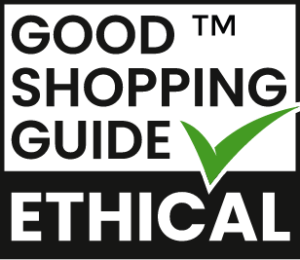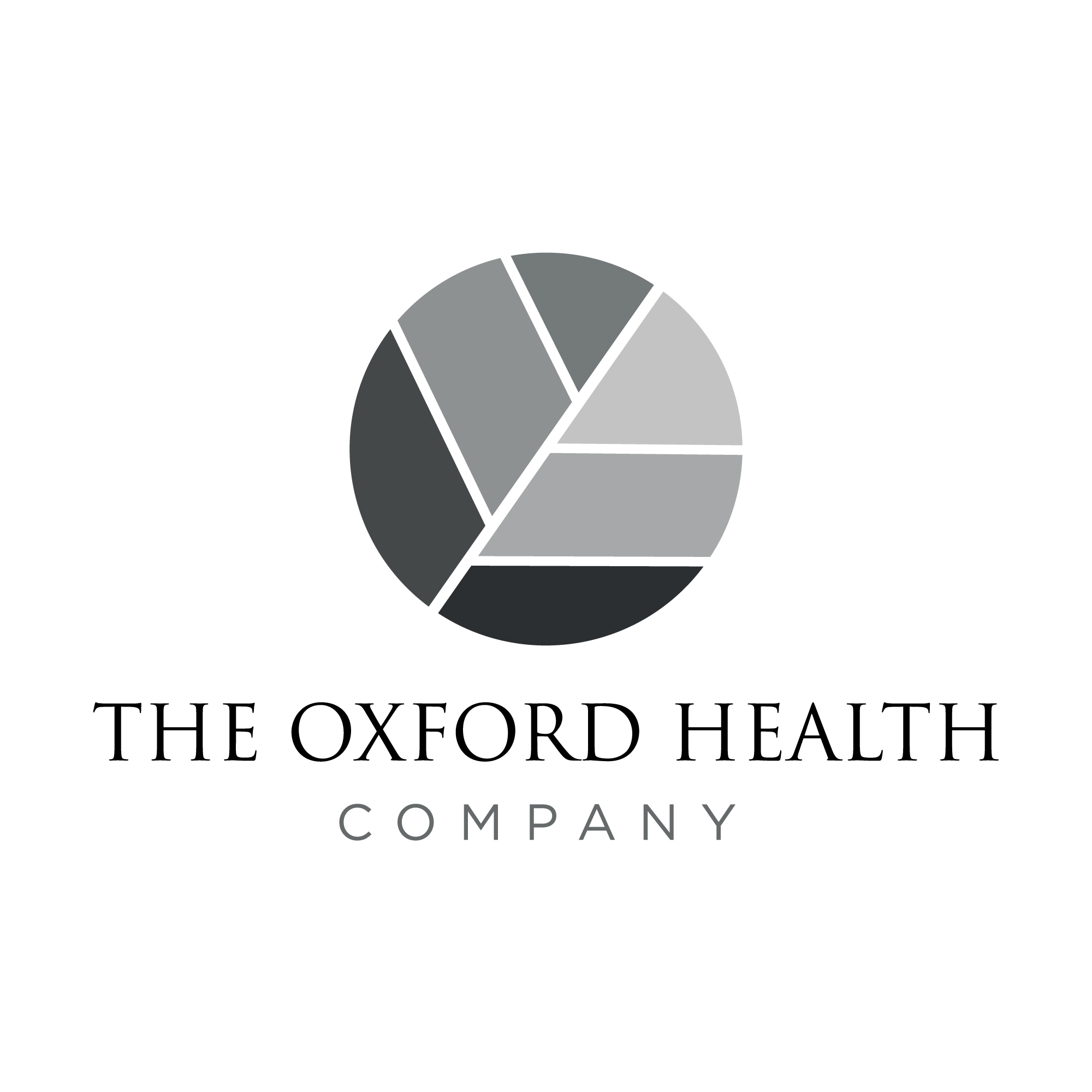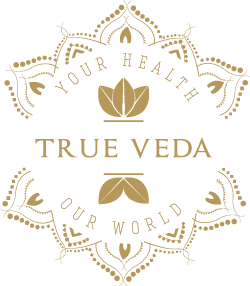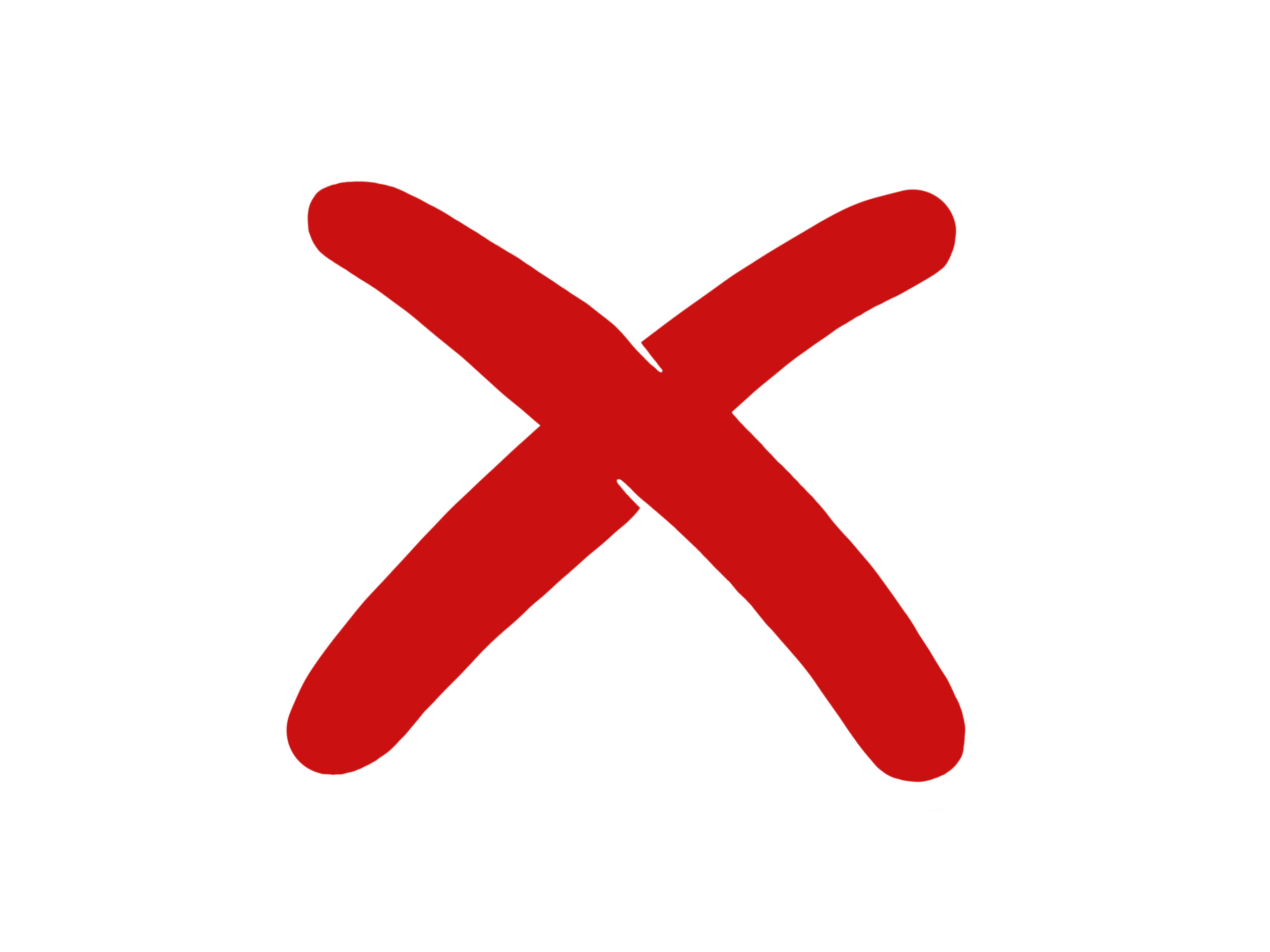Vitamins & Supplements: Ethical Comparison Ratings Table
Traditional supplements contain many animal-derived ingredients that make them unsuitable for vegans, such as collagen and gelatine. Not only that, but some supplements are produced by big pharmaceutical companies condemned for their animal testing and use of toxic chemicals. Find out more about the unethical activities of these brands and how to find the best vegan supplements and organic vitamins.
Benchmark score within the category
Vitamins & Supplements: Ethical Comparison Ratings Table
Fushi Wellbeing

Fushi Wellbeing Ethical Rating
Parent company: Fushi Wellbeing Ltd
= GSG Top Rating = GSG Middle Rating = GSG Bottom Rating
Environment
-
Environmental Report
Good
-
Genetic Modification
Good
-
Organic
Good
-
Nuclear Power
Good
-
Fossil Fuels
Good
Animal
-
Animal Welfare
Good
-
Vegetarian/Vegan Verified
Good
People
-
Armaments
Good
-
Irresponsible Marketing
Good
-
Political Donations
Good
Other
-
Ethical Accreditation
Good
-
Public Record Criticisms
Good
-
Ethical Innovator
Good
= GSG Top Rating = GSG Middle Rating = GSG Bottom Rating

Neal’s Yard Remedies

Neal’s Yard Remedies Ethical Rating
Parent company: Neal's Yard (Natural Remedies) Ltd
= GSG Top Rating = GSG Middle Rating = GSG Bottom Rating
Environment
-
Environmental Report
Good
-
Genetic Modification
Good
-
Organic
Good
-
Nuclear Power
Good
-
Fossil Fuels
Good
Animal
-
Animal Welfare
Good
-
Vegetarian/Vegan Verified
Good
People
-
Armaments
Good
-
Irresponsible Marketing
Good
-
Political Donations
Good
Other
-
Ethical Accreditation
Good
-
Public Record Criticisms
Good
-
Ethical Innovator
Good
= GSG Top Rating = GSG Middle Rating = GSG Bottom Rating

Oxford Vitality

Oxford Vitality Ethical Rating
Parent company: The Oxford Health Company Ltd
= GSG Top Rating = GSG Middle Rating = GSG Bottom Rating
Environment
-
Environmental Report
Good
-
Genetic Modification
Good
-
Organic
Good
-
Nuclear Power
Good
-
Fossil Fuels
Good
Animal
-
Animal Welfare
Good
-
Vegetarian/Vegan Verified
Good
People
-
Armaments
Good
-
Irresponsible Marketing
Good
-
Political Donations
Good
Other
-
Ethical Accreditation
Good
-
Public Record Criticisms
Good
-
Ethical Innovator
Good
= GSG Top Rating = GSG Middle Rating = GSG Bottom Rating

True Veda

True Veda Ethical Rating
Parent company: Simply by Nature Ltd
= GSG Top Rating = GSG Middle Rating = GSG Bottom Rating
Environment
-
Environmental Report
Good
-
Genetic Modification
Good
-
Organic
Good
-
Nuclear Power
Good
-
Fossil Fuels
Good
Animal
-
Animal Welfare
Good
-
Vegetarian/Vegan Verified
Good
People
-
Armaments
Good
-
Irresponsible Marketing
Good
-
Political Donations
Good
Other
-
Ethical Accreditation
Good
-
Public Record Criticisms
Good
-
Ethical Innovator
Good
= GSG Top Rating = GSG Middle Rating = GSG Bottom Rating
Viridian

Viridian Ethical Rating
Parent company: Viridian International Ltd
= GSG Top Rating = GSG Middle Rating = GSG Bottom Rating
Environment
-
Environmental Report
Good
-
Genetic Modification
Good
-
Organic
Good
-
Nuclear Power
Good
-
Fossil Fuels
Good
Animal
-
Animal Welfare
Good
-
Vegetarian/Vegan Verified
Good
People
-
Armaments
Good
-
Irresponsible Marketing
Good
-
Political Donations
Good
Other
-
Ethical Accreditation
Good
-
Public Record Criticisms
Good
-
Ethical Innovator
Good
= GSG Top Rating = GSG Middle Rating = GSG Bottom Rating

Floradix

Floradix Ethical Rating
Parent company: SALUS Haus GmbH & Co. KG
= GSG Top Rating = GSG Middle Rating = GSG Bottom Rating
Environment
-
Environmental Report
Good
-
Genetic Modification
Good
-
Organic
Good
-
Nuclear Power
Good
-
Fossil Fuels
Good
Animal
-
Animal Welfare
Acceptable
-
Vegetarian/Vegan Verified
Poor
People
-
Armaments
Good
-
Irresponsible Marketing
Good
-
Political Donations
Good
Other
-
Ethical Accreditation
Poor
-
Public Record Criticisms
Good
= GSG Top Rating = GSG Middle Rating = GSG Bottom Rating

BioCare

BioCare Ethical Rating
Parent company: Aland (HK) Nutrition Holding Ltd
= GSG Top Rating = GSG Middle Rating = GSG Bottom Rating
Environment
-
Environmental Report
Poor
-
Genetic Modification
Good
-
Organic
Poor
-
Nuclear Power
Good
-
Fossil Fuels
Good
Animal
-
Animal Welfare
Good
-
Vegetarian/Vegan Verified
Good
People
-
Armaments
Good
-
Irresponsible Marketing
Good
-
Political Donations
Good
Other
-
Ethical Accreditation
Poor
-
Public Record Criticisms
Good
= GSG Top Rating = GSG Middle Rating = GSG Bottom Rating

Feel

Feel Ethical Rating
Parent company: Feel Holdings Ltd
= GSG Top Rating = GSG Middle Rating = GSG Bottom Rating
Environment
-
Environmental Report
Poor
-
Genetic Modification
Good
-
Organic
Poor
-
Nuclear Power
Good
-
Fossil Fuels
Good
Animal
-
Animal Welfare
Good
-
Vegetarian/Vegan Verified
Good
People
-
Armaments
Good
-
Irresponsible Marketing
Good
-
Political Donations
Good
Other
-
Ethical Accreditation
Poor
-
Public Record Criticisms
Good
= GSG Top Rating = GSG Middle Rating = GSG Bottom Rating

Wild Nutrition

Wild Nutrition Ethical Rating
Parent company: Wild Nutrition Ltd
= GSG Top Rating = GSG Middle Rating = GSG Bottom Rating
Environment
-
Environmental Report
Good
-
Genetic Modification
Good
-
Organic
Poor
-
Nuclear Power
Good
-
Fossil Fuels
Good
Animal
-
Animal Welfare
Good
-
Vegetarian/Vegan Verified
Poor
People
-
Armaments
Good
-
Irresponsible Marketing
Good
-
Political Donations
Good
Other
-
Ethical Accreditation
Poor
-
Public Record Criticisms
Good
= GSG Top Rating = GSG Middle Rating = GSG Bottom Rating

Healthspan

Healthspan Ethical Rating
Parent company: Orkla ASA
= GSG Top Rating = GSG Middle Rating = GSG Bottom Rating
Environment
-
Environmental Report
Good
-
Genetic Modification
Good
-
Organic
Poor
-
Nuclear Power
Good
-
Fossil Fuels
Good
Animal
-
Animal Welfare
Acceptable
-
Vegetarian/Vegan Verified
Poor
People
-
Armaments
Good
-
Irresponsible Marketing
Good
-
Political Donations
Good
Other
-
Ethical Accreditation
Poor
-
Public Record Criticisms
Good
= GSG Top Rating = GSG Middle Rating = GSG Bottom Rating

Simply Supplements

Simply Supplements Ethical Rating
Parent company: Pinnacle Health Ltd
= GSG Top Rating = GSG Middle Rating = GSG Bottom Rating
Environment
-
Environmental Report
Poor
-
Genetic Modification
Good
-
Organic
Good
-
Nuclear Power
Good
-
Fossil Fuels
Good
Animal
-
Animal Welfare
Acceptable
-
Vegetarian/Vegan Verified
Poor
People
-
Armaments
Good
-
Irresponsible Marketing
Good
-
Political Donations
Good
Other
-
Ethical Accreditation
Poor
-
Public Record Criticisms
Good
= GSG Top Rating = GSG Middle Rating = GSG Bottom Rating

Starpowa

Starpowa Ethical Rating
Parent company: Star Powa Ltd
= GSG Top Rating = GSG Middle Rating = GSG Bottom Rating
Environment
-
Environmental Report
Good
-
Genetic Modification
Good
-
Organic
Poor
-
Nuclear Power
Good
-
Fossil Fuels
Good
Animal
-
Animal Welfare
Acceptable
-
Vegetarian/Vegan Verified
Poor
People
-
Armaments
Good
-
Irresponsible Marketing
Good
-
Political Donations
Good
Other
-
Ethical Accreditation
Poor
-
Public Record Criticisms
Good
= GSG Top Rating = GSG Middle Rating = GSG Bottom Rating

Vitabiotics

Vitabiotics Ethical Rating
Parent company: Vitabiotics Ltd
= GSG Top Rating = GSG Middle Rating = GSG Bottom Rating
Environment
-
Environmental Report
Poor
-
Genetic Modification
Good
-
Organic
Poor
-
Nuclear Power
Good
-
Fossil Fuels
Good
Animal
-
Animal Welfare
Good
-
Vegetarian/Vegan Verified
Good
People
-
Armaments
Good
-
Irresponsible Marketing
Good
-
Political Donations
Acceptable
Other
-
Ethical Accreditation
Poor
-
Public Record Criticisms
Good
= GSG Top Rating = GSG Middle Rating = GSG Bottom Rating

Higher Nature

Higher Nature Ethical Rating
Parent company: Health Made Easy Ltd
= GSG Top Rating = GSG Middle Rating = GSG Bottom Rating
Environment
-
Environmental Report
Poor
-
Genetic Modification
Good
-
Organic
Poor
-
Nuclear Power
Good
-
Fossil Fuels
Good
Animal
-
Animal Welfare
Good
-
Vegetarian/Vegan Verified
Poor
People
-
Armaments
Good
-
Irresponsible Marketing
Good
-
Political Donations
Good
Other
-
Ethical Accreditation
Poor
-
Public Record Criticisms
Good
= GSG Top Rating = GSG Middle Rating = GSG Bottom Rating

M+E

M+E Ethical Rating
Parent company: Montgomery and Evelyn Ltd
= GSG Top Rating = GSG Middle Rating = GSG Bottom Rating
Environment
-
Environmental Report
Acceptable
-
Genetic Modification
Good
-
Organic
Poor
-
Nuclear Power
Good
-
Fossil Fuels
Good
Animal
-
Animal Welfare
Acceptable
-
Vegetarian/Vegan Verified
Poor
People
-
Armaments
Good
-
Irresponsible Marketing
Good
-
Political Donations
Good
Other
-
Ethical Accreditation
Poor
-
Public Record Criticisms
Good
= GSG Top Rating = GSG Middle Rating = GSG Bottom Rating

Haliborange

Haliborange Ethical Rating
Parent company: Pharmacare (Europe) Ltd
= GSG Top Rating = GSG Middle Rating = GSG Bottom Rating
Environment
-
Environmental Report
Poor
-
Genetic Modification
Good
-
Organic
Poor
-
Nuclear Power
Good
-
Fossil Fuels
Good
Animal
-
Animal Welfare
Acceptable
-
Vegetarian/Vegan Verified
Poor
People
-
Armaments
Good
-
Irresponsible Marketing
Good
-
Political Donations
Good
Other
-
Ethical Accreditation
Poor
-
Public Record Criticisms
Good
= GSG Top Rating = GSG Middle Rating = GSG Bottom Rating

Centrum

Centrum Ethical Rating
Parent company: Haleon Plc
= GSG Top Rating = GSG Middle Rating = GSG Bottom Rating
Environment
-
Environmental Report
Good
-
Genetic Modification
Good
-
Organic
Good
-
Nuclear Power
Good
-
Fossil Fuels
Good
Animal
-
Animal Welfare
Poor
-
Vegetarian/Vegan Verified
Poor
People
-
Armaments
Good
-
Irresponsible Marketing
Good
-
Political Donations
Good
Other
-
Ethical Accreditation
Poor
-
Public Record Criticisms
Poor
= GSG Top Rating = GSG Middle Rating = GSG Bottom Rating

Pukka

Pukka Ethical Rating
Parent company: CVC Capital Partners SICAV-FIS S.A
= GSG Top Rating = GSG Middle Rating = GSG Bottom Rating
Environment
-
Environmental Report
Good
-
Genetic Modification
Good
-
Organic
Good
-
Nuclear Power
Good
-
Fossil Fuels
Poor
Animal
-
Animal Welfare
Acceptable
-
Vegetarian/Vegan Verified
Poor
People
-
Armaments
Acceptable
-
Irresponsible Marketing
Good
-
Political Donations
Poor
Other
-
Ethical Accreditation
Poor
-
Public Record Criticisms
Good
= GSG Top Rating = GSG Middle Rating = GSG Bottom Rating

Holland & Barrett

Holland & Barrett Ethical Rating
Parent company: LetterOne Holdings S.A.
= GSG Top Rating = GSG Middle Rating = GSG Bottom Rating
Environment
-
Environmental Report
Poor
-
Genetic Modification
Good
-
Organic
Poor
-
Nuclear Power
Good
-
Fossil Fuels
Good
Animal
-
Animal Welfare
Acceptable
-
Vegetarian/Vegan Verified
Good
People
-
Armaments
Good
-
Irresponsible Marketing
Good
-
Political Donations
Good
Other
-
Ethical Accreditation
Poor
-
Public Record Criticisms
Poor
= GSG Top Rating = GSG Middle Rating = GSG Bottom Rating

Superdrug

Superdrug Ethical Rating
Parent company: A.S. Watson Group/CK Hutchison Holdings Ltd
= GSG Top Rating = GSG Middle Rating = GSG Bottom Rating
Environment
-
Environmental Report
Good
-
Genetic Modification
Good
-
Organic
Poor
-
Nuclear Power
Good
-
Fossil Fuels
Good
Animal
-
Animal Welfare
Good
-
Vegetarian/Vegan Verified
Poor
People
-
Armaments
Good
-
Irresponsible Marketing
Good
-
Political Donations
Good
Other
-
Ethical Accreditation
Poor
-
Public Record Criticisms
Poor
-
Public Record Criticisms+
Poor
= GSG Top Rating = GSG Middle Rating = GSG Bottom Rating

Boots

Boots Ethical Rating
Parent company: Walgreens Boots Alliance Inc.
= GSG Top Rating = GSG Middle Rating = GSG Bottom Rating
Environment
-
Environmental Report
Good
-
Genetic Modification
Good
-
Organic
Poor
-
Nuclear Power
Good
-
Fossil Fuels
Good
Animal
-
Animal Welfare
Poor
-
Vegetarian/Vegan Verified
Good
People
-
Armaments
Good
-
Irresponsible Marketing
Poor
-
Political Donations
Poor
Other
-
Ethical Accreditation
Poor
-
Public Record Criticisms
Poor
= GSG Top Rating = GSG Middle Rating = GSG Bottom Rating

Bassetts

Bassetts Ethical Rating
Parent company: Mondelēz International Inc.
= GSG Top Rating = GSG Middle Rating = GSG Bottom Rating
Environment
-
Environmental Report
Good
-
Genetic Modification
Poor
-
Organic
Poor
-
Nuclear Power
Good
-
Fossil Fuels
Good
Animal
-
Animal Welfare
Poor
-
Vegetarian/Vegan Verified
Poor
People
-
Armaments
Good
-
Irresponsible Marketing
Good
-
Political Donations
Poor
Other
-
Ethical Accreditation
Poor
-
Public Record Criticisms
Poor
-
Public Record Criticisms+
Poor
= GSG Top Rating = GSG Middle Rating = GSG Bottom Rating

Bio-Kult

Bio-Kult Ethical Rating
Parent company: ADM (Archer-Daniels-Midland Co)
= GSG Top Rating = GSG Middle Rating = GSG Bottom Rating
Environment
-
Environmental Report
Good
-
Genetic Modification
Poor
-
Organic
Poor
-
Nuclear Power
Good
-
Fossil Fuels
Good
Animal
-
Animal Welfare
Poor
-
Vegetarian/Vegan Verified
Poor
People
-
Armaments
Good
-
Irresponsible Marketing
Good
-
Political Donations
Poor
Other
-
Ethical Accreditation
Poor
-
Public Record Criticisms
Poor
-
Public Record Criticisms+
Poor
= GSG Top Rating = GSG Middle Rating = GSG Bottom Rating

Seven Seas

Seven Seas Ethical Rating
Parent company: The Procter & Gamble Company
= GSG Top Rating = GSG Middle Rating = GSG Bottom Rating
Environment
-
Environmental Report
Good
-
Genetic Modification
Good
-
Organic
Good
-
Nuclear Power
Good
-
Fossil Fuels
Poor
Animal
-
Animal Welfare
Poor
-
Vegetarian/Vegan Verified
Poor
People
-
Armaments
Good
-
Irresponsible Marketing
Poor
-
Political Donations
Poor
Other
-
Ethical Accreditation
Poor
-
Public Record Criticisms
Poor
-
Public Record Criticisms+
Poor
= GSG Top Rating = GSG Middle Rating = GSG Bottom Rating

Berocca

Berocca Ethical Rating
Parent company: Bayer AG
= GSG Top Rating = GSG Middle Rating = GSG Bottom Rating
Environment
-
Environmental Report
Good
-
Genetic Modification
Poor
-
Organic
Poor
-
Nuclear Power
Good
-
Fossil Fuels
Good
Animal
-
Animal Welfare
Poor
-
Vegetarian/Vegan Verified
Poor
People
-
Armaments
Good
-
Irresponsible Marketing
Poor
-
Political Donations
Poor
Other
-
Ethical Accreditation
Poor
-
Public Record Criticisms
Poor
-
Public Record Criticisms+
Poor
= GSG Top Rating = GSG Middle Rating = GSG Bottom Rating

Redoxon

Redoxon Ethical Rating
Parent company: Bayer AG
= GSG Top Rating = GSG Middle Rating = GSG Bottom Rating
Environment
-
Environmental Report
Good
-
Genetic Modification
Poor
-
Organic
Poor
-
Nuclear Power
Good
-
Fossil Fuels
Good
Animal
-
Animal Welfare
Poor
-
Vegetarian/Vegan Verified
Poor
People
-
Armaments
Good
-
Irresponsible Marketing
Poor
-
Political Donations
Poor
Other
-
Ethical Accreditation
Poor
-
Public Record Criticisms
Poor
-
Public Record Criticisms+
Poor
= GSG Top Rating = GSG Middle Rating = GSG Bottom Rating

Sanatogen

Sanatogen Ethical Rating
Parent company: Bayer AG
= GSG Top Rating = GSG Middle Rating = GSG Bottom Rating
Environment
-
Environmental Report
Good
-
Genetic Modification
Poor
-
Organic
Poor
-
Nuclear Power
Good
-
Fossil Fuels
Good
Animal
-
Animal Welfare
Poor
-
Vegetarian/Vegan Verified
Poor
People
-
Armaments
Good
-
Irresponsible Marketing
Poor
-
Political Donations
Poor
Other
-
Ethical Accreditation
Poor
-
Public Record Criticisms
Poor
-
Public Record Criticisms+
Poor
= GSG Top Rating = GSG Middle Rating = GSG Bottom Rating

Solgar

Solgar Ethical Rating
Parent company: Nestlé S.A.
= GSG Top Rating = GSG Middle Rating = GSG Bottom Rating
Environment
-
Environmental Report
Good
-
Genetic Modification
Poor
-
Organic
Poor
-
Nuclear Power
Good
-
Fossil Fuels
Good
Animal
-
Animal Welfare
Poor
-
Vegetarian/Vegan Verified
Poor
People
-
Armaments
Good
-
Irresponsible Marketing
Poor
-
Political Donations
Poor
Other
-
Ethical Accreditation
Poor
-
Public Record Criticisms
Poor
-
Public Record Criticisms+
Poor
= GSG Top Rating = GSG Middle Rating = GSG Bottom Rating